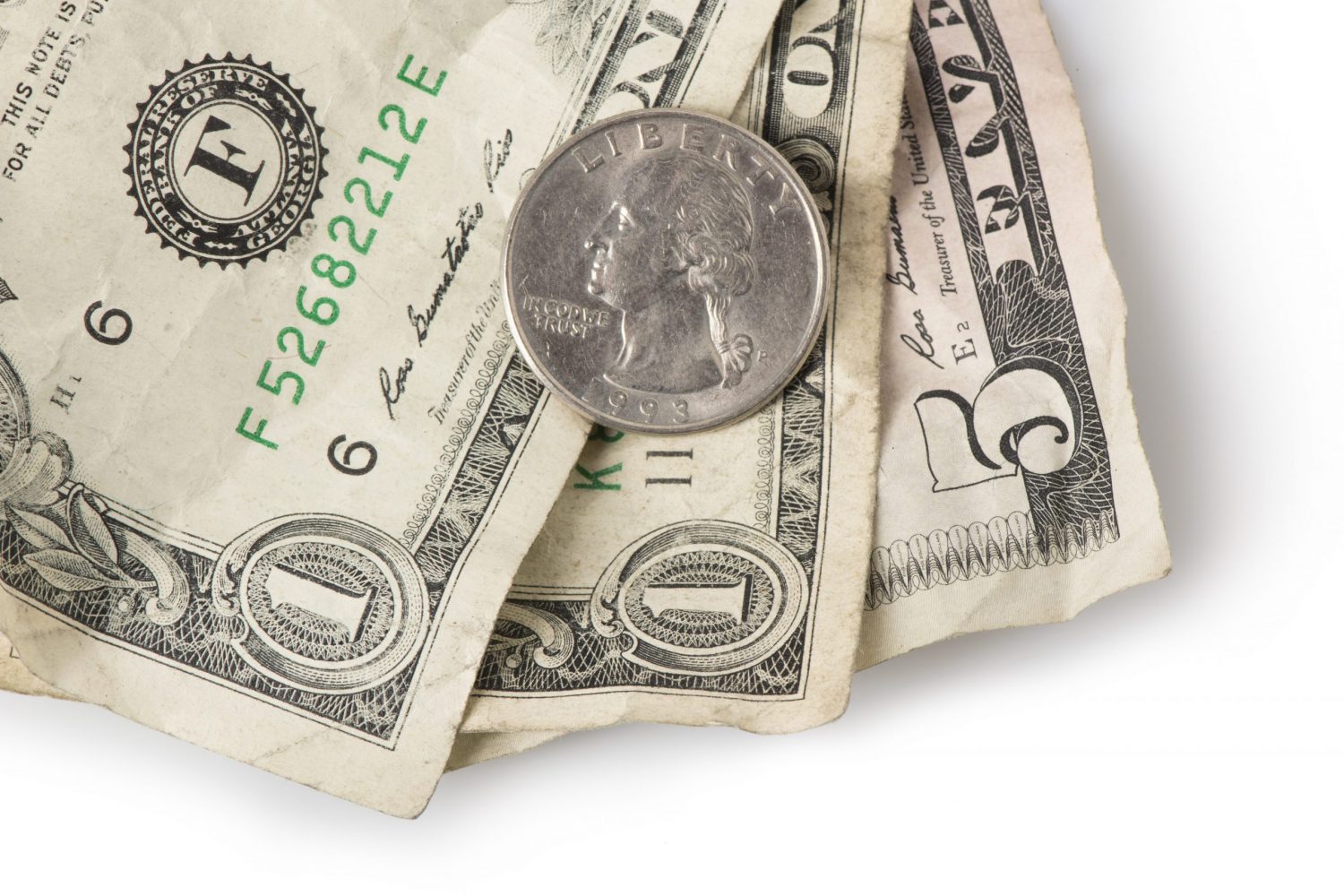Given that the average four-year college student accrues around $29,000 in debt by graduation, according to the latest College Board estimates, it’s no wonder why so many of them are compelled to juggle paid work alongside their curriculum.
The National Center for Education Statistics found that 43% of all full-time university students are concurrently working while enrolled, and 81% of part-time students do the same.
While managing work and academics can prove challenging, the Federal Work-Study Program makes working to afford education more manageable. What is work-study, how does it work, and how is the income taxed? Read on to find out.
How Work Studies Work
The Federal Work-Study Program is designed to fund part-time employment opportunities for students enrolled in an accredited post-secondary institution. Over 3,400 institutions participate in the work-study program. By law, they must not pay any lower than the federal minimum wage ($7.25 an hour, although minimum wages may vary across states, cities, and counties).
All students need to do to ensure that they’re eligible for work-study is to indicate interest in their annual Free Application for Federal Student Aid (FAFSA). Once the application is submitted and processed, they should check the “My Aid Award” section on the site to verify if the work-study option is available or not. This will be affected by financial need, the school’s own financial means, and availability.
Eligibility requirements for work-study may vary across institutions, so if students are still uncertain about their qualification status, they should consult their university’s financial aid office. It’s also important to note that work-study qualification does not automatically guarantee work-study employment.
If students do obtain employment, however, there are a few things that should be expected. Generally, the Federal Work-Study Program tries to place participants in job positions that are relevant to their curriculum. Undergraduate participants must be paid at least once a month, by the hour, and directly by the institution they attend. They can also request their wages to go directly toward their tuition bills.
Graduate students participating in work-study have the option to be paid on a salary basis depending upon the work they do. However, whether grad or undergrad, students can not work beyond the work-study hours they’ve been awarded. Additionally, they must both apply for a separate summer work-study if they wish to work beyond the main fall/winter semester terms.
Work-study employment opportunities can be found on- or off-campus. Off-campus positions may be limited to private nonprofit or public service organizations unless the school has a direct partnership with any for-profit companies. Work-study payment depends on variables like financial need and level of funding.
Are They Taxable?
While the Internal Revenue Service (IRS) has officially deemed that FICA (Social Security and Medicare) tax deductions do not apply to work-study income under full-time (20 hours a week or more) scheduling while taking six or more credit hours, other taxations may apply. 
According to the IRS’ latest 1040 form instructions (as of the 2018 tax year), any individual who is legally classified as a single independent (with no children or relatives to caretake for) must file if their total gross income exceeds $12,000 a year.
This means that in most instances, a student endowed a decent work-study award will have to file for income tax deductions. Some institutions may require students to complete a W–4 Withholding Employee Allowance Certificate to determine how much income taxes are withheld from their work-study earnings.
If a student participating in work-study is unsure how much will be withheld from their work-study earnings, or if they have to file, it is highly encouraged that they seek advice from a professional tax preparer or their institution’s financial aid office for the proper consultation.
The IRS provides a free tax filing tool, so there is no need to pay a third party for student tax consultation regarding a work-study. Depending on earnings, students may be eligible for an additional tax return, though it’s important to apply well before the April 15th Tax Day deadline for consideration.
However, regardless of taxation, it’s imperative that students include full work-study earnings (taxes and all) in filling out their portion of the FAFSA application for the following year.


